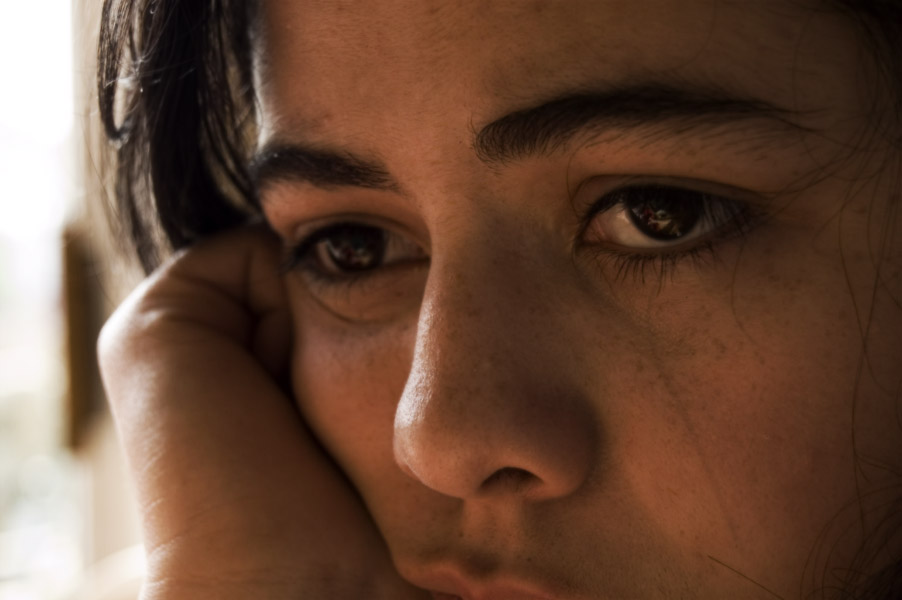The Medicalization of Poverty Induced Mental Health Illnesses

As the number of people with mental health illnesses increased in recent years, mental health has become the center of much discussion, with the highest rate among lower-income countries. A World Health Organization (WHO) report found that more than 80% of depressive disorders occurred in low to middle-income countries. Poverty, unemployment and other factors that people commonly associate with poverty, such as alcoholism, make the risk of depression higher. Many who develop mental health struggles go on to seek appropriate treatment for their symptoms from doctors and medical professionals, where available. On the other hand, treating the cause of their distress would arguably be more effective.
Living in Poverty: The Biological Stress Response and the Effects on Mental Health
The neurological effects of poverty are already visible in infancy, with diminished brain development seen among children from low-income households. Meanwhile, the Anxiety and Depression Association of America (ADAA) reported that poverty can lead to ample detrimental physiological responses, including increased blood pressure and cortisol levels. Over time, a build-up of these responses can disrupt brain function, prompting long-term physical and mental health ramifications.
A 2015 report by the Joseph Rowntree Foundation (JRF) found that schizophrenia and depression have a higher prevalence amongst those with lower socioeconomic status. Alcoholism and other substance abuse had a stronger association with those who lived in poverty for a long time.
Mental Health in Low-income Countries
What many may consider a disease that plagues the wealthy, the largest proportion of global mental health sufferers resides in the countries with the lowest incomes. Those living in poverty, with less educational access, and who struggle to acquire basic needs are at a greater risk of developing mental disorders. This means that the relationship between poverty and mental disorders resembles a vicious cycle in low to middle-income countries.
The lack of available mental health resources only further exacerbates this problem, with less than 1% of these countries’ budgets invested in mental health. Moreover, in the communities, there is a higher level of taboo surrounding mental health illness, leading to a lack of clarity and understanding.
Treatment: The Symptom, Not the Cause
Low-income communities have a higher proportion of antidepressant users in comparison with those of higher income. A U.K. study that the DeStress Project conducted revealed that individuals living on Universal Credits and struggling with the distress from poverty reported resorting to medication as a means to legitimize their suffering, as well as being made to feel as though the cause of their grief was pathological, not systemic. Despite prescribing antidepressants, one doctor reported knowing in their “heart of hearts that it’s not a medical problem.”
CBM UK: The Mental Health Charity Helping the World’s Poorest
CBM U.K. has been working to help the lives of those suffering from mental health illnesses in the world’s poorest countries for more than 15 years. In 2017, CBM merged with the mental health charity BasicNeeds which only increased its technical capacity and reach. The charity aims to improve access to mental health resources such as therapy and medication, eradicate stigma and taboo surrounding mental health as well as train local communities to support those with mental health illnesses in rural and non-developed areas. In 2022, CBM U.K. gave 27,000 people support for mental health conditions, and the pandemic has enabled 2,500 medical professionals to provide support.
Looking Ahead
Nonetheless, treating mental health illness in poorer communities only addresses the symptoms rather than the cause. Solving poverty would reduce the number of cases of mental disorders and consequently eradicate the need for the unnecessary cost of prescriptions.
– Genevieve Lewis
Photo: Flickr
